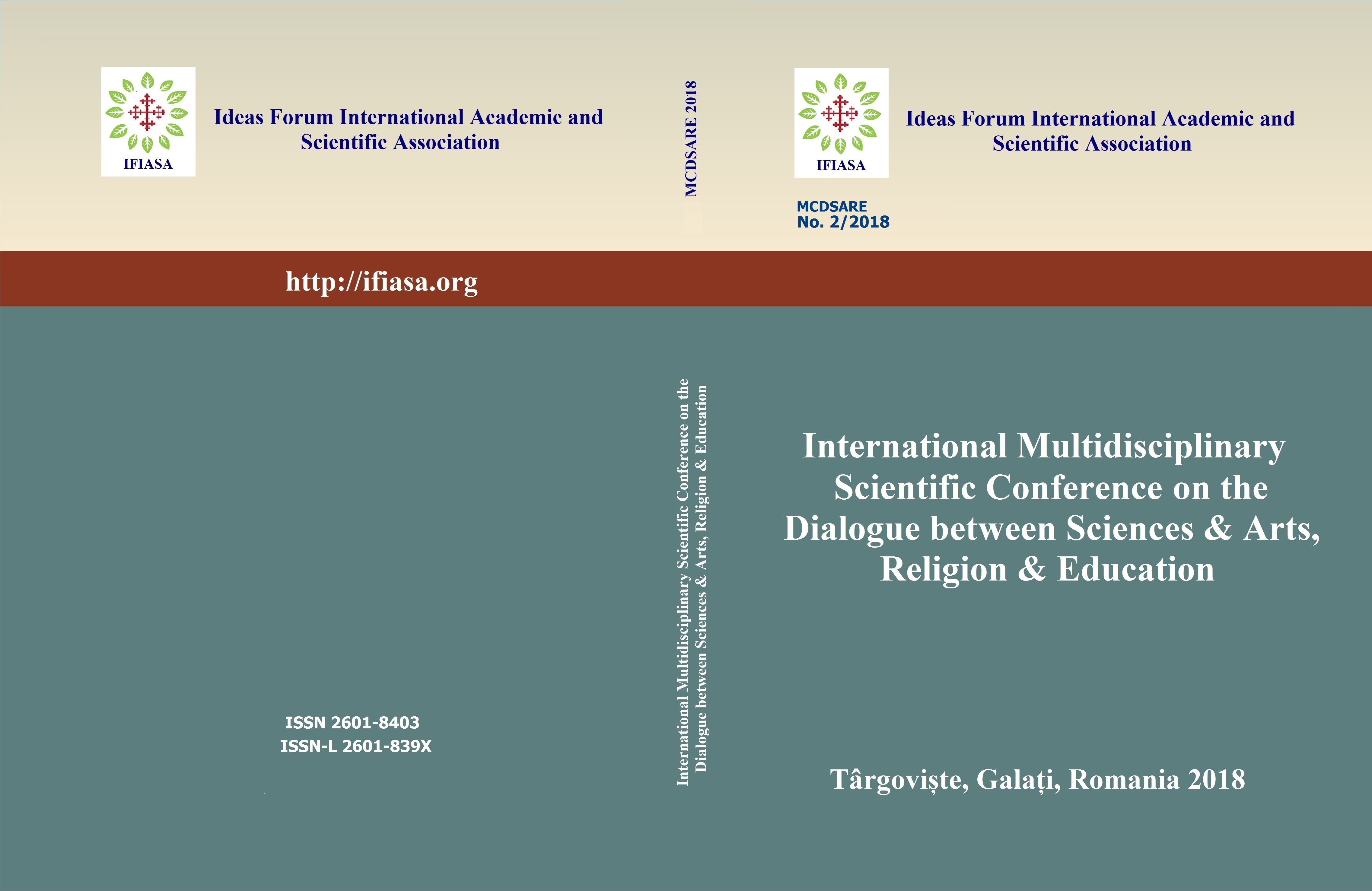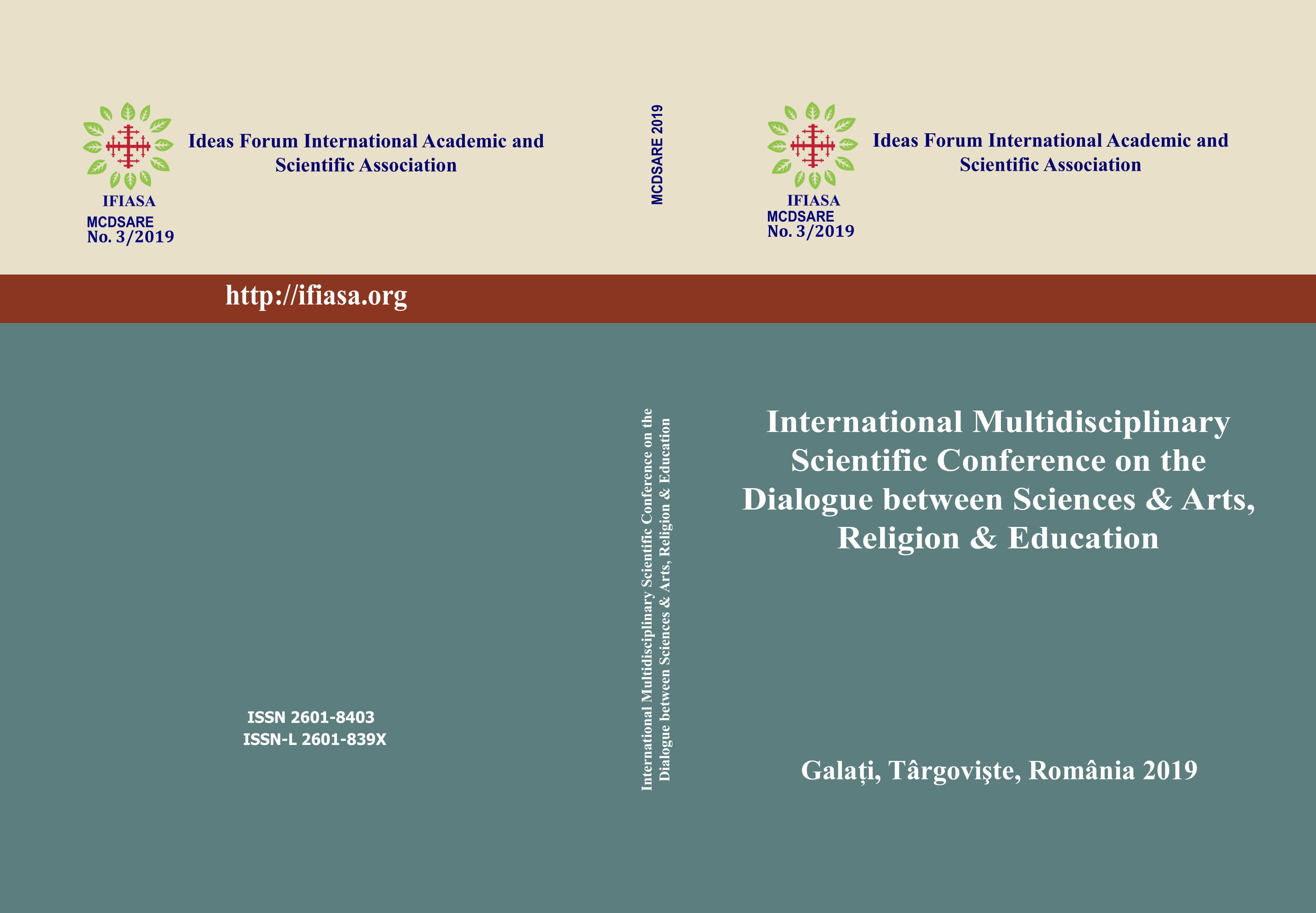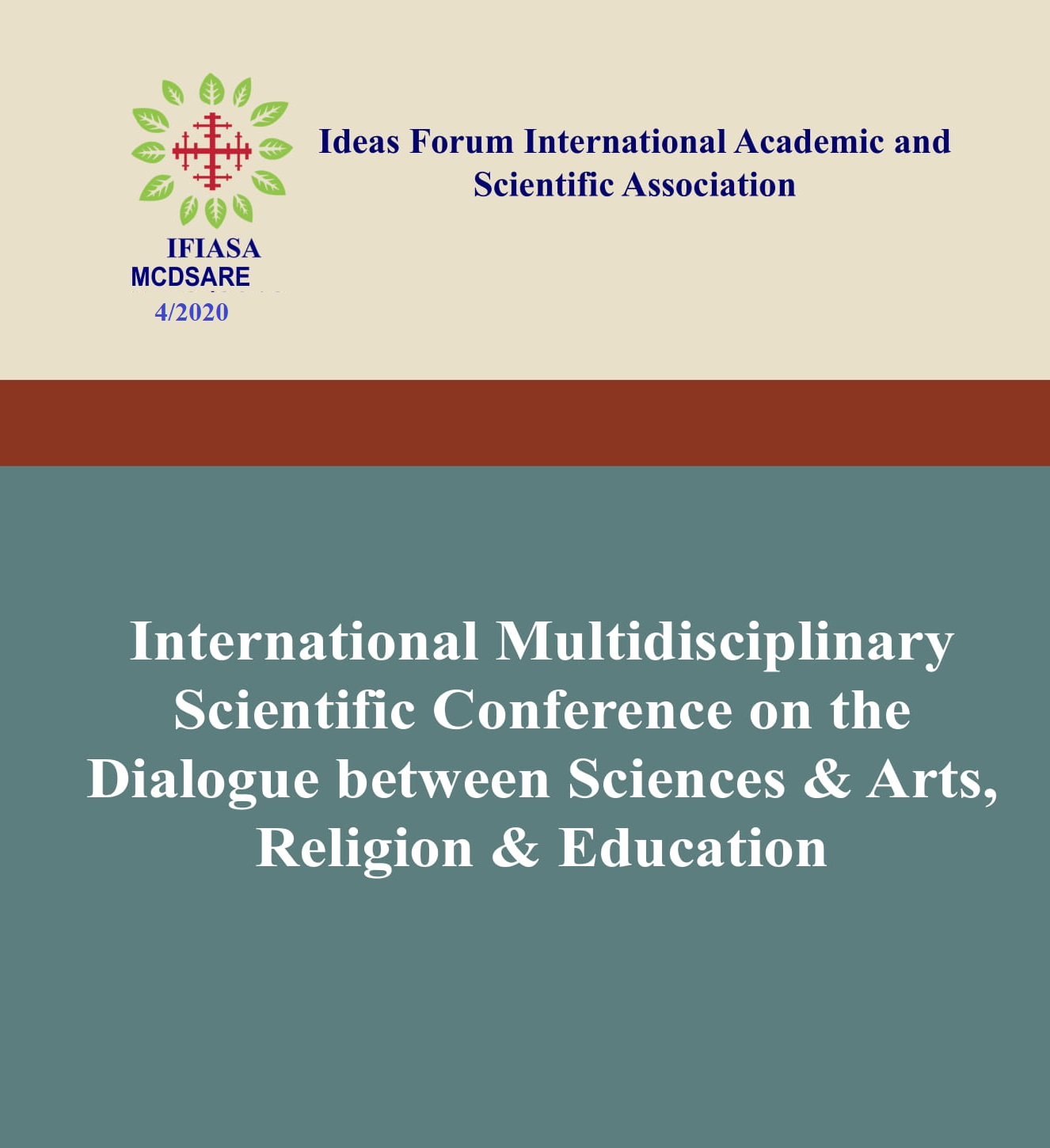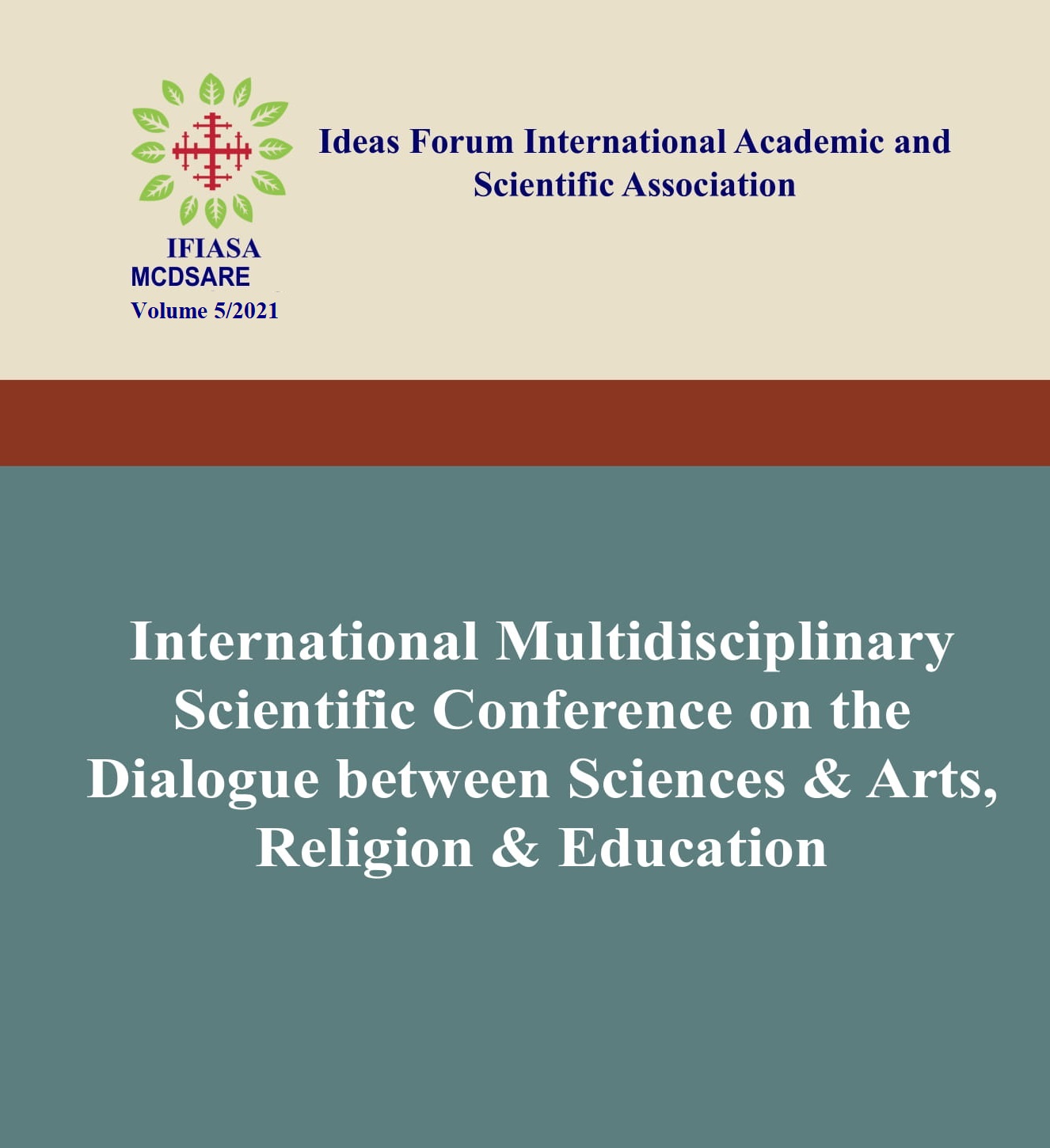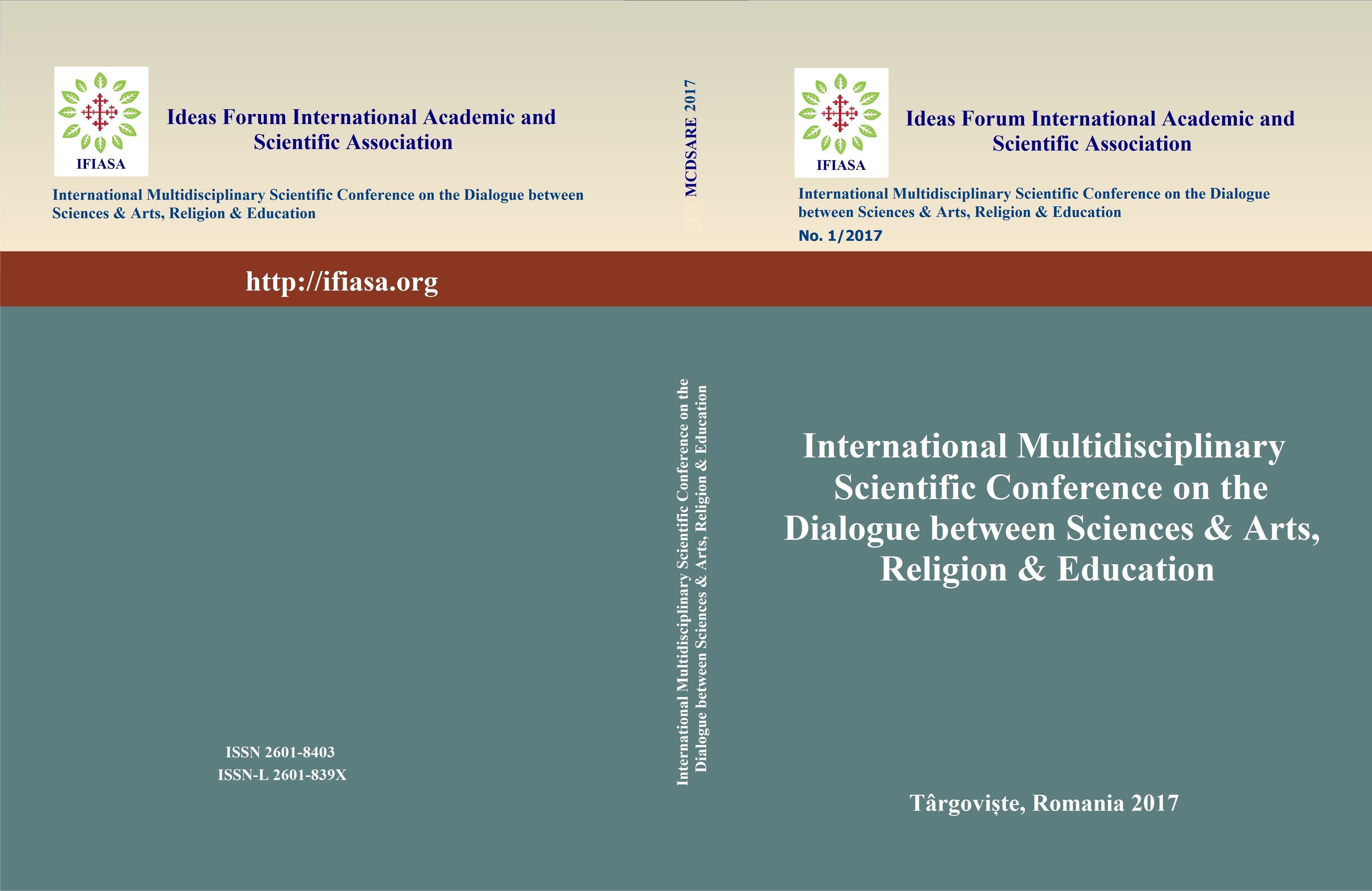
THE ANTHROPOLOGICAL CONCEPT OF DUMITRU STĂNILOAE,
THE ANTHROPOLOGICAL CONCEPT OF DUMITRU STĂNILOAE,
Keywords: Christian; anthropology; Dumitru Stăniloae; man; world; knowledge;
This article presents the anthropological concept of Dumitru Stăniloae, priest, professor of theology and20th century Romanian thinker, who delineated a new scientific direction on man and the world, by hisiconic, patristic visions, starting from the Greek philosophy and having at its heart the status of the humanbeing and nature. The anthropology of Professor Dumitru Stăniloae represents a rediscovery of thepatristic theology but especially a pondering on the dialogue between religion and science cultivated inthe academic area today. The core of Dumitru Stăniloae’s thinking is man as image of the divinity, forthis reason, his anthropology is full of spiritual meaning. The progress (evolution) in man’s relation withnature is an authentic knowing rationality, the same with the progress in the knowledge of the sense ofhuman existence, simultaneous to deification or transfiguration. The main anthropological ideas this studyrelies on show that man is a personal being opened to the communion with God, with the world and withhis fellows, and the universe created by God represents a very artistic work of love and especially areality of language, communication and knowledge.
More...
